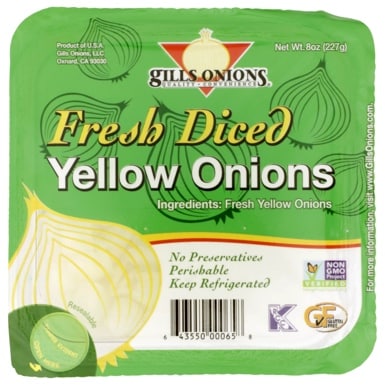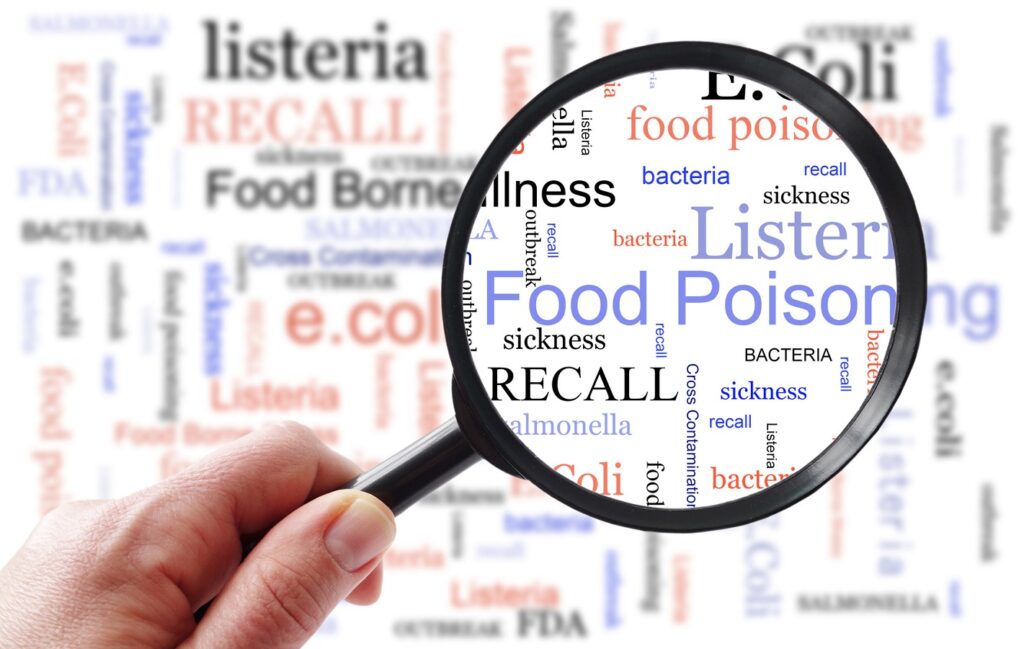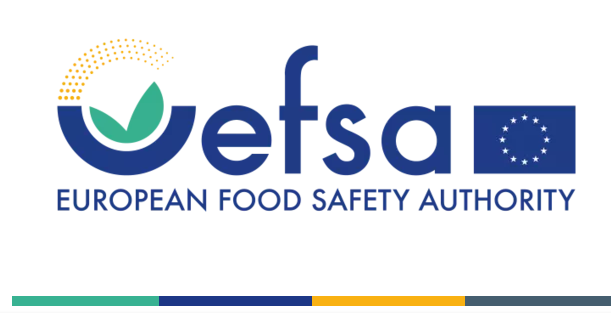The FDA announced on December 14, 2023, that it has issued nine warning letters to manufacturers and distributors of unapproved and misbranded antimicrobial animal drugs (American Aquarium Products, Aquanest Biotic. Aquarium Pharmacy LLC, California Veterinary Supply, Chewy Inc., Kraft Drug, Midland Veterinary Services LLC, Silver Lease LLC, and Valley Veterinary Clinic LTD). The agency is concerned because these products contain antimicrobials that are important in human medicine, and using them without medical oversight contributes to the development of antimicrobial resistance. The FDA has not verified their safety or effectiveness in the animal drug review process or facility inspections. The animal products referenced in the warning letters are marketed and labeled for minor species, such as aquarium fish and pet birds. They contain antimicrobials important in human medicine, such as amoxicillin, penicillin, tetracycline, and erythromycin, and are being illegally marketed over the counter. All approved animal drugs containing these antimicrobials are only legally available by prescription from a licensed veterinarian. @ https://www.fda.gov/news-events/press-announcements/fda-warns-nine-manufacturers-distributors-unapproved-antimicrobials-animals?utm_medium=email&utm_source=govdelivery




